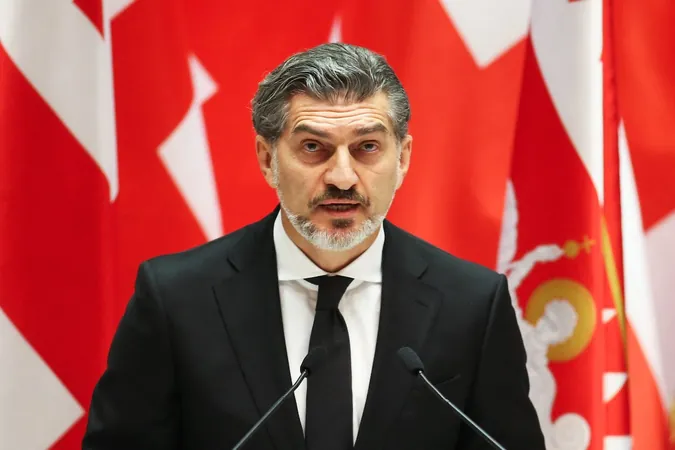
Political Turmoil in Georgia: New President Faces Legitimacy Crisis Amid EU Accession Talks Suspension
2024-12-29
Author: Amelia
Political Landscape in Transition
Mikheil Kavelashvili, a staunch critic of Western influences, became the president of Georgia on Sunday, stepping into a highly contentious political landscape as his predecessor, Salome Zourabichvili, publicly declared him an illegitimate leader. This dramatic transition comes in the wake of significant civil unrest triggered by the government’s recent freeze on European Union application talks, a long-held national aspiration now put on hold until 2028.
Zourabichvili's Farewell
In an impassioned farewell outside the presidential palace, Zourabichvili reaffirmed her support for pro-EU policies and emphasized her claim to legitimacy. She boldly stated, “I will come out of here and be with you. I am taking legitimacy with me, I am taking the flag with me, I am taking your trust with me,” before joining her supporters.
Electoral Controversy
Zourabichvili criticized the electoral process that led to Kavelashvili's election, citing widespread fraud in the October parliamentary elections. This viewpoint aligns with the stance of Georgia's major opposition parties, who argue that the ruling Georgian Dream party, which claims a legitimate electoral victory with nearly 54 percent of the vote, has manipulated the political system to consolidate power.
Allegations of Pro-Russian Shift
The backdrop of this political upheaval includes a dramatic shift in Georgia's political orientation. The country, which has long been viewed as a democratic stronghold among former Soviet states, now faces allegations from the United States, which recently imposed sanctions on Bidzina Ivanishvili, the ruling party’s founder and widely regarded de facto leader. Ivanishvili’s alleged orchestration of a pro-Russian pivot has sparked increased tensions with Western allies.
Kavelashvili's Controversial Claims
Kavelashvili, a former professional soccer player known for a brief stint with Manchester City, has made headlines for his controversial claims that Western intelligence agencies are trying to instigate conflict with Russia. “The Georgian people have always understood that peace is the main prerequisite for survival and development,” he asserted following his inauguration.
Public Dissent and Protests
As protests erupted across the nation, demonstrators expressed their disdain for Kavelashvili’s presidency by waving red cards, a cheeky nod to his sports career. More than 400 individuals, including prominent opposition leaders, were reportedly detained amidst a police crackdown, reflecting the government's growing intolerance for dissent.
Opposition Support for Zourabichvili
Zourabichvili, who was elected with Georgian Dream's backing in 2018 before breaking ranks, is supported by the country’s four main opposition parties, which have been boycotting parliament. They insist that she will maintain her role as the legitimate president until new elections can be organized.
Turning Point for Georgia
The suspension of EU talks and growing ties with Russia represent a turning point for Georgia, a nation that declared independence from the Soviet Union in 1991. As public discontent mounts, the potential for renewed dialogue with the EU remains uncertain.
Looking Ahead
With the political landscape in flux and the future of Georgia’s ties with Europe hanging in the balance, the next moves will be pivotal in determining the country’s trajectory in the coming months. Will Kavelashvili's government manage to stabilize the nation, or will the turmoil spiral into deeper unrest? Only time will tell.
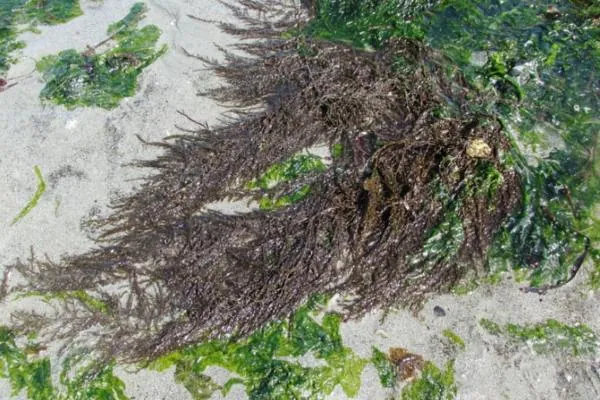

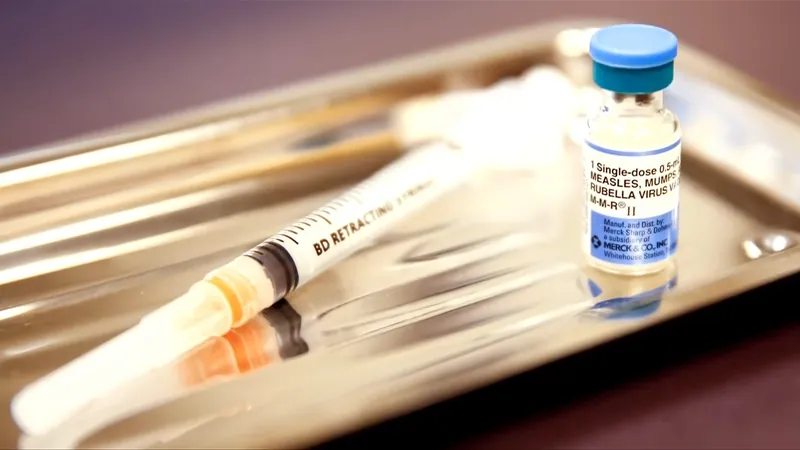
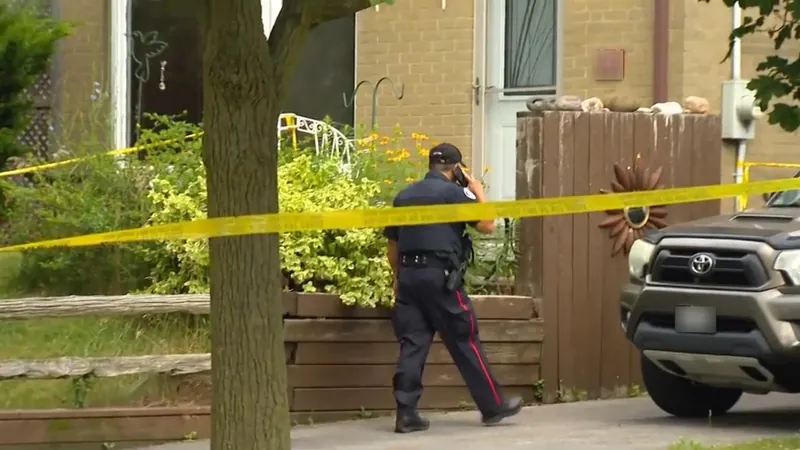

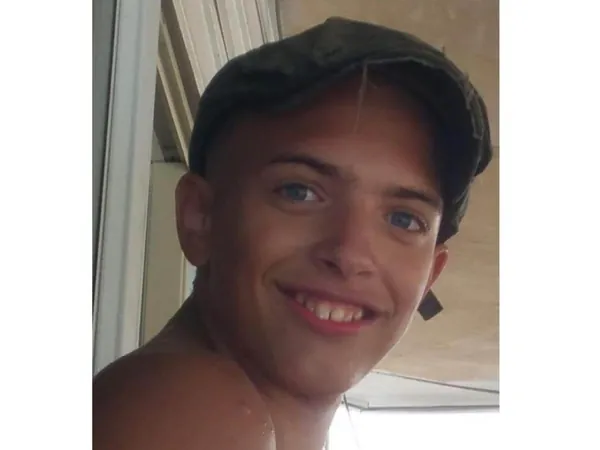
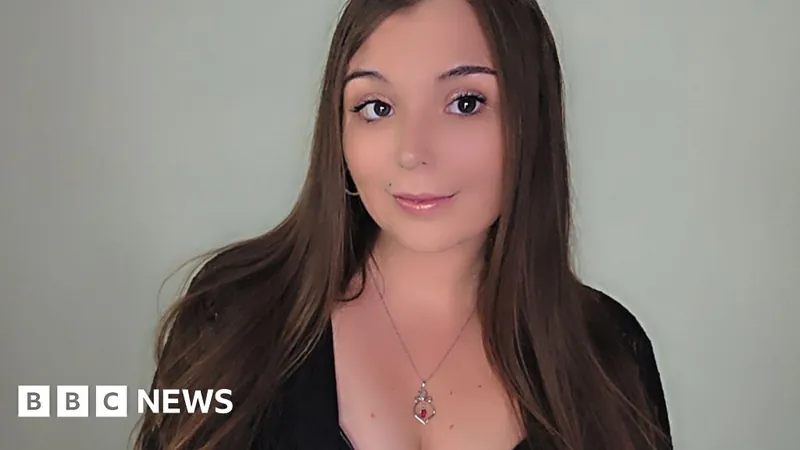
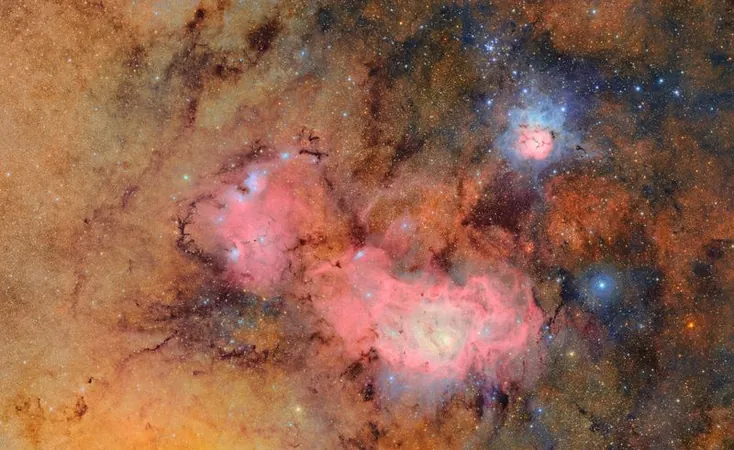
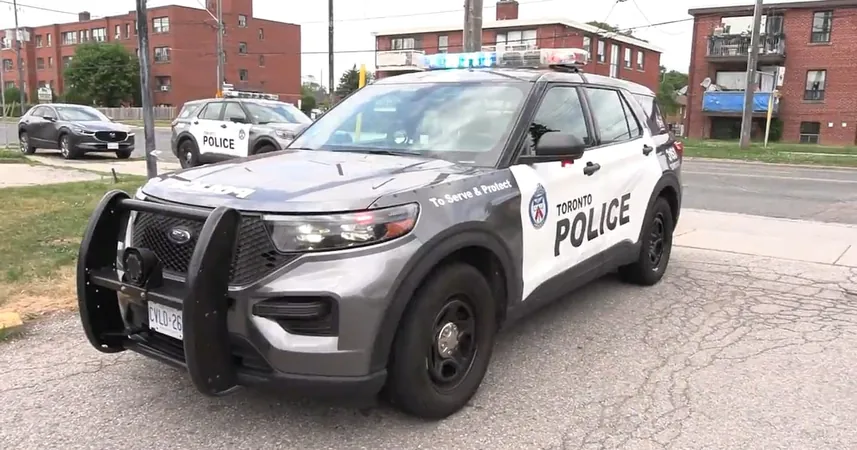
 Brasil (PT)
Brasil (PT)
 Canada (EN)
Canada (EN)
 Chile (ES)
Chile (ES)
 Česko (CS)
Česko (CS)
 대한민국 (KO)
대한민국 (KO)
 España (ES)
España (ES)
 France (FR)
France (FR)
 Hong Kong (EN)
Hong Kong (EN)
 Italia (IT)
Italia (IT)
 日本 (JA)
日本 (JA)
 Magyarország (HU)
Magyarország (HU)
 Norge (NO)
Norge (NO)
 Polska (PL)
Polska (PL)
 Schweiz (DE)
Schweiz (DE)
 Singapore (EN)
Singapore (EN)
 Sverige (SV)
Sverige (SV)
 Suomi (FI)
Suomi (FI)
 Türkiye (TR)
Türkiye (TR)
 الإمارات العربية المتحدة (AR)
الإمارات العربية المتحدة (AR)